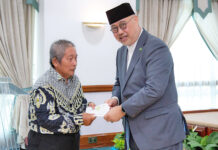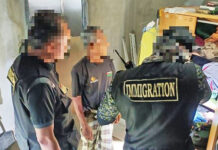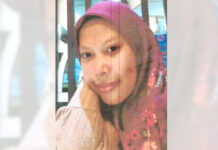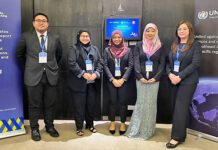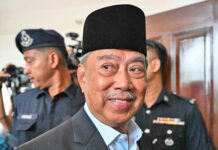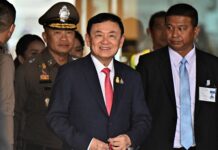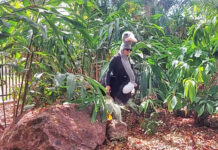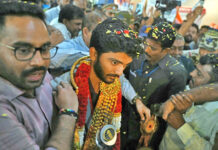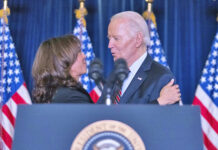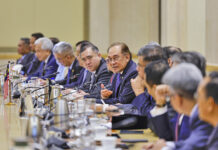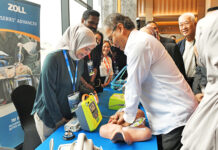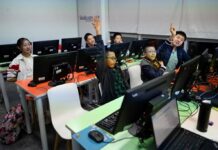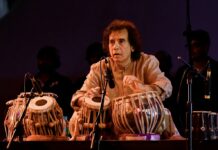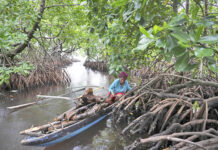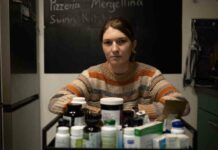As of 2024-2025 financial year, some 60 per cent of graduates obtained employment, 12 per cent continued their studies and five per cent are engaged in micro, small and medium enterprise businesses.
Minister of Culture, Youth and Sports Dato Seri Setia Awang Haji Nazmi bin Haji Mohamad highlighted this during a dialogue session with Legislative Council (LegCo) members at the Youth Development Centre (PPB) at the Ministry of Culture, Youth and Sports (MCYS) yesterday.
The PPB is accredited as a City and Guilds certification centre, allowing graduates to pursue higher education and employment opportunities, the minister added.
He shared that PPB plays a role as a capacity development centre by implementing programmes including the skills training programme as well as an inclusive personal development and job placement.
The minister added that it also serves as a strategic network, building relationships with agencies to ensure programme sustainability, job security and entrepreneurial opportunities.
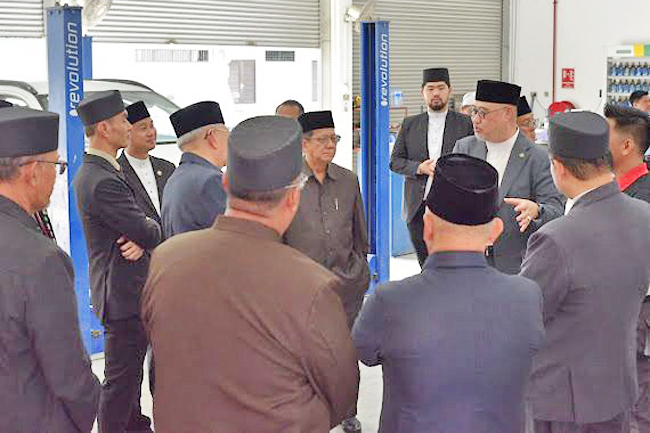
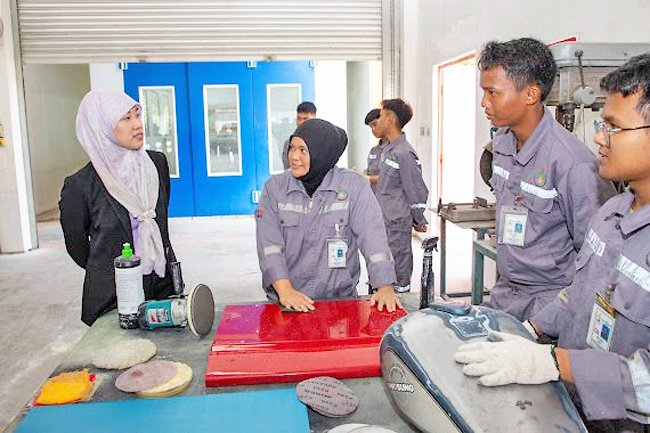
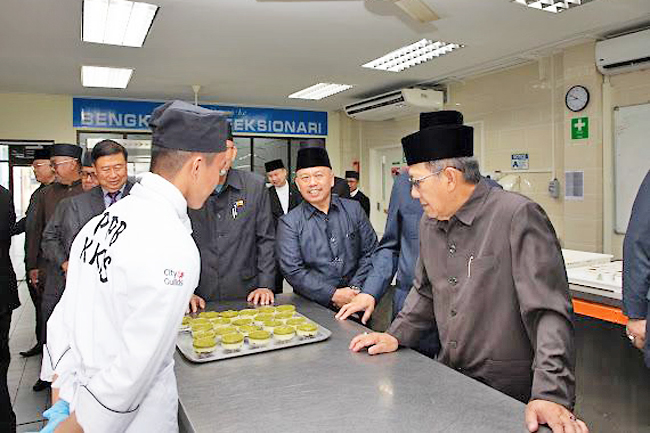
Reflecting on the LegCo members visit to PPB and the Community Development Department in October, the minister highlighted that the discussions led to ideas and suggestions aimed at enhancing sports and improving the welfare of the society, particularly targeted groups.
The minister also shared the main focus budget for the 2024-2025 financial year, themed ‘United to Build a More Prosperous Future’ and the ministry’s direction towards achieving the vision, which aligns with Brunei Vision 2035.
The ministry developed a strategy for 2024-2025 financial year focused on enablement, empowerment and involvement (3P) inclusive society, he added.
The approach is comprehensive, responsive to current and future needs, and aims for long-term improvement and sustainability.
He said when talking about strategic goals, it included strengthening governance and ensuring quality, efficient and effective operations, to promote transparent governance, improving service delivery and optimising resource use.
Secondly, this also includes increasing programmes generating visionary youth as the driver of national development which aims to the formation of a Brunei-centric youth, who are independent, highly skilled and competitive.
This is achieved by strengthening identity, developing role models, improving skills and leadership training, creating meaningful jobs, and supporting entrepreneurship, including programmes on green innovation, the environment and climate change.
Thirdly, the focus is to improve the programmes strengthening the sports ecosystem, which aims to promote sports for the local community.
This is achieved through improvements in the implementation of a high performance sport; involvement of all levels of society in sports activities for the community; and optimisation and the enhancement of infrastructure.
Fourth, this includes to improve programmes in the preservation of culture, heritage and history which aims to preserve, conserve and protect cultural heritage so that it can be preserved and appreciated by the current and future generations.
This is achieved by using digital and smart technology to preserve heritage, culture and history, boosting the contribution of art and culture to economic growth, and promoting the use of Malay and jawi languages for communication and intellectual purposes.
Fifth, this includes to improve the programmes for developing a united and resilient community to ensure the prosperity and harmony of the socio-economic community to be seen holistically, as well as ensuring all levels of society are actively involved. This is achieved by reducing poverty and promoting self-sufficiency in targeted groups, strengthening internal sector interventions, and leveraging regional and international cooperation. – Fadhil Yunus

